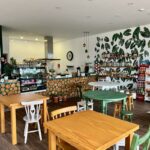
5 sustainable spaces to visit in Ponte de Lima
We don’t need to visit big cities to find good examples. In fact, closer contact with nature is the ideal setting to inspire those who
We didn't find any happenings mapped to your criteria.
Try the traditional search to find articles not yet mapped with RUA.
We didn't find any happenings mapped to your criteria.
Try the traditional search to find articles not yet mapped with RUA.
We didn't find any happenings mapped to your criteria.
Try the traditional search to find articles not yet mapped with RUA.
We didn't find any happenings mapped to your criteria.
Try the traditional search to find articles not yet mapped with RUA.
This is the first passive construction hotel in Lisbon, combining sustainability, art and culinary innovation for a conscious and unique stay.
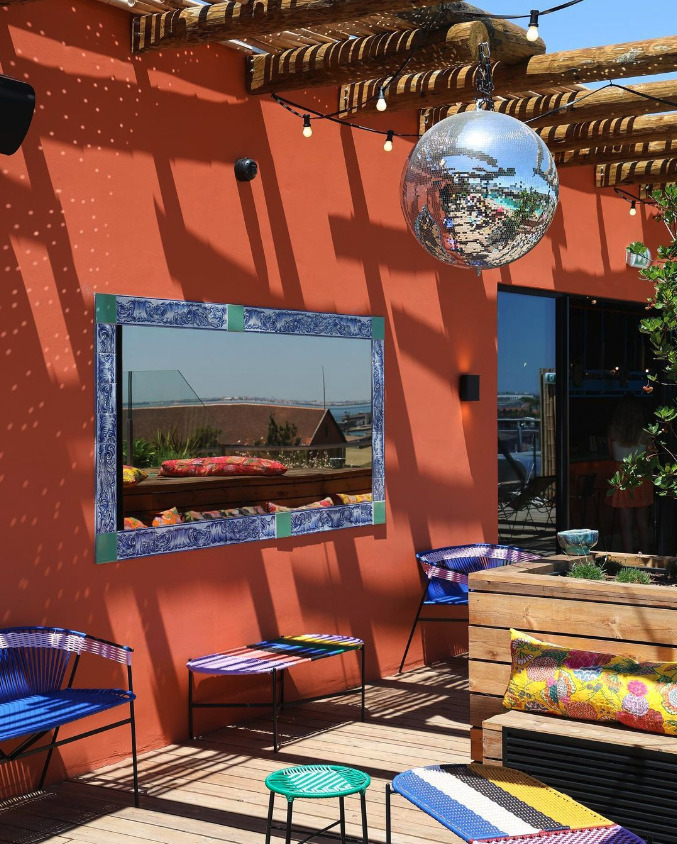
Located on Avenida 24 de Julho, JAM Lisbon is not just a hotel, it is a pioneering project in eco-friendly hospitality in Portugal. Created by a collective of Portuguese and Belgian artists, this hotel is a testament to innovative sustainable design and artistic creativity. Curated by Lionel Jadot, the focus on art and culture is a central pillar of the hotel’s philosophy, which aims to be the cultural epicenter of the city and a true ally of the local community.
Its idea is that the trip extends beyond offering guests a sustainable and comfortable stay. They make a point of integrating themselves into Lisbon’s cultural and social scene by actively collaborating with local artists and designers, creating a space where Portuguese talent can be highlighted and appreciated by locals and visitors alike. The hotel exhibits unique works by a range of artists and designers, including Cabana Studio, Open Structure, Grond Studio, Bela Silva, among others. This collaboration not only enriches the experience of those staying at the hotel, but also supports and promotes Lisbon’s artistic community.
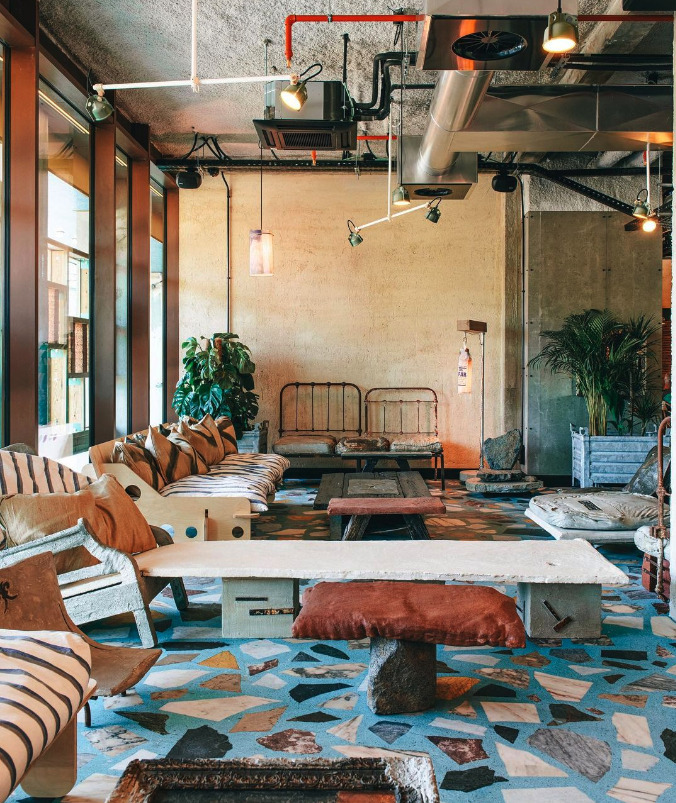
As Lisbon’s first hotel based on passive construction, JAM Lisbon sets a new standard for energy efficiency and sustainability in the hotel industry. They opted for passive construction, a design approach focused on minimizing energy consumption while maximizing comfort, developed under the leadership of Nelson Group, a Belgium entreprise.
The work took around six years, and the focus was on reusing materials – leftover marble for the cafeteria counter, used sandpaper for the doors, and the bed designs are all modular. The utilized wood comes from the remains of the burnt remains of the 2017 fire in the Leiria area and the design has been conceived so that everything in the building can be dismantled and reused. Usingsolar panels and a heat recovery system for shower water, the focus is one reduzing dependence on active systems such as heating and air conditioning and demonstrating a commitment to reducing their ecological footprint. It should also be noted that it has passive house certification.
Since opening its first property in Belgium in 2016, the JAM Hotels group has been expanding its presence with a growing collection of sustainability-focused hotels. They position themselves as agents of change in the hotel industry, committed to promoting responsible and ecological tourism.
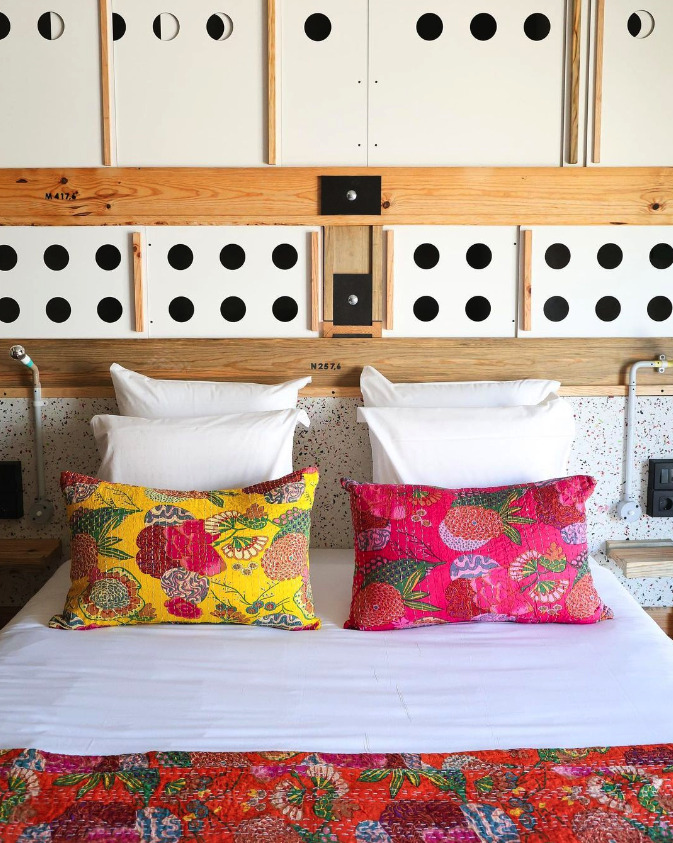
“The new JAM hotel brings together the best of both worlds in the Portuguese capital. The art of socializing combined with sustainable and, above all, conscious tourism. What’s more, we don’t want to forget its roots, which is why we’ve preserved the original structure as much as possible and reused all the materials we could,” says João Flosa, Director of the JAM Lisbon hotel, in a statement.
The reclaimed furniture in the lobby and completely adaptable furniture in the rooms is in line with the sustainability theme, as is the use of ecological detergents or the decision not to have coffee in the rooms. On each floor there is a bench with a coffee holder made from biodegradable capsules and clay mugs with phrases linked to slow living, diversity and inclusion. On the second floor there is also a mini-kitchen that can be used and was all made with materials left over from the construction phase.
The hotel also has a restaurant, MOJJO, led by chef Mauro Airosa, where guests can enjoy a fusion of Asian, African and South American flavors.
The rooftop overlooks the Tagus River, with a bar and swimming pool, as well as options for small concerts, team buildings and weddings. The hotel is pet friendly and doesn’t say no to anyone who wants to use the lobby for coworking.


We don’t need to visit big cities to find good examples. In fact, closer contact with nature is the ideal setting to inspire those who

The WWF program promotes a more responsible and sustainable stay and involves 14 Portuguese accommodations. “Check Out For Nature” (COFN) is the World Wildlife Fund

Turismo de Portugal conducted a survey on the environmental performance of tourist accommodations. There are concrete measures for saving water and energy, but there is
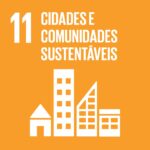
This article addresses an action that promotes change towards more inclusive, safe, resilient and sustainable cities and communities, helping toreduce the adverse environmental impact of cities.
 To discover businesses that are actively working to contribute to this Sustainable Development Goal, click here.
To discover businesses that are actively working to contribute to this Sustainable Development Goal, click here. To read news, interviews or tips related to this Goal, click here.
To read news, interviews or tips related to this Goal, click here.Esta publicação também está disponível em:
![]() Português (Portuguese (Portugal))
Português (Portuguese (Portugal))

